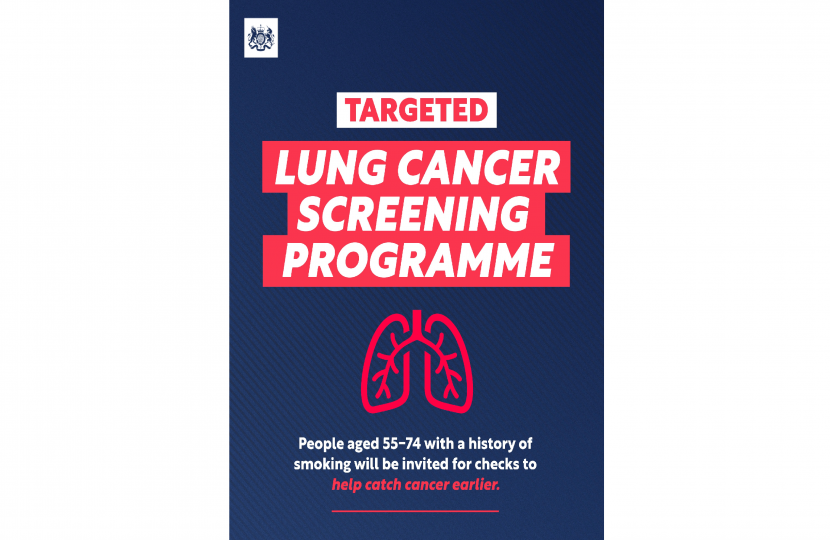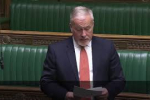
The Department of Health and Social Care announced a lung screening programme targeting people aged 55 to 74 who are at high risk of lung cancer to be rolled out nationally to detect 9,000 more cancers a year at an early stage.
Around 35,000 people die and 48,000 people are diagnosed with lung cancer each year. It has one of the lowest survival rates of all cancers which is largely because lung cancer tends to be diagnosed at a late stage, when treatment is much less likely to be effective. When fully rolled out, this new national screening programme will detect around 9,000 more cancers year at an early stage.
As smoking causes 72% of lung cancers, the programme will use a history of smoking from GP records to identify the cohort eligible for screening. Current or former smokers aged 55 to under 75 years will have an initial assessment of their individual lung cancer risk. Anyone assessed as being at high risk will be referred to have a CT scan. They will be reinvited for a further scan every 24 months, until they age out of the programme. Patients will also be signposted to smoking cessation services.
The Targeted Lung Health Check programme is currently being run predominantly in deprived areas. Since its launch more than 2,000 people have been identified with cancer and crucially over three quarters were at an earlier stage - giving those patients a much better chance of survival.
Building on this existing programme, the scheme will now be rolled out nationally with £1 billion in funding over the next seven years. The national screening programme will reach 40% of the eligible population by March 2025 and 100% by March 2030.
Richard Fuller MP said:
While Rishi Sunak remains focused on cutting waiting lists in the short term, he is also looking to tackle some of the long-term challenges facing the NHS, including lung cancer which costs 35,000 lives every year. Rolling out screening to high-risk 55 to 74 year olds will save lives by detecting up to 9,000 lung cancers a year at an early stage.
The NHS has treated record numbers of cancer patients over the last 2 years, with cancer being diagnosed at an earlier stage more often and survival rates improving across almost all types of cancer. This programme will catch cancer earlier and ensure we are delivering on our priority to cut NHS waiting lists.

